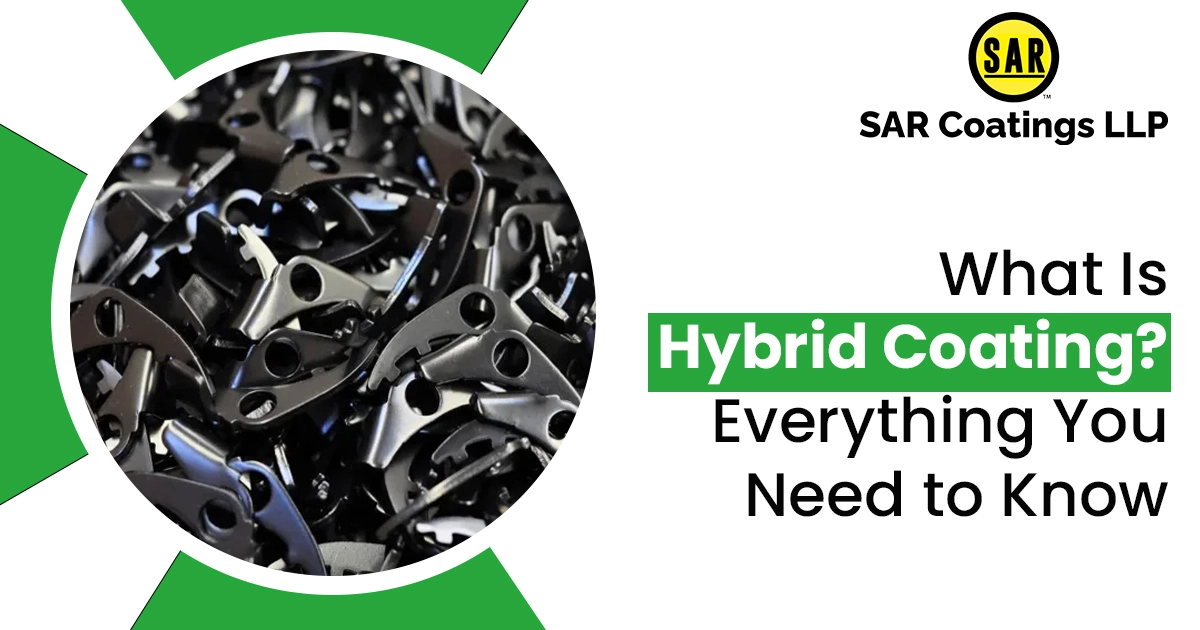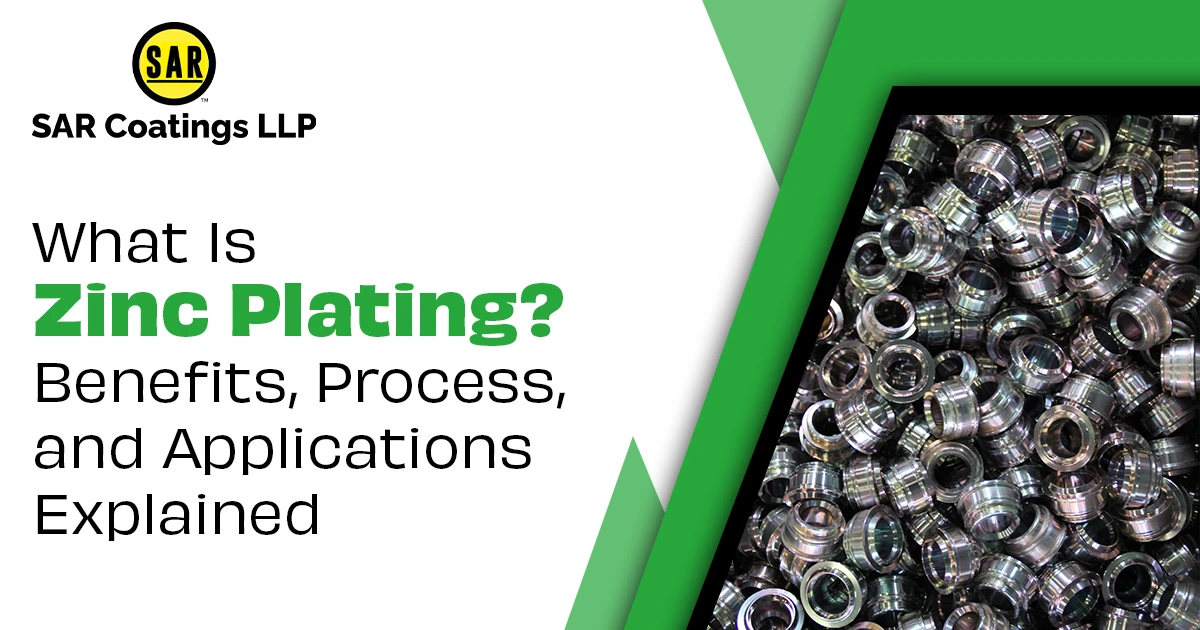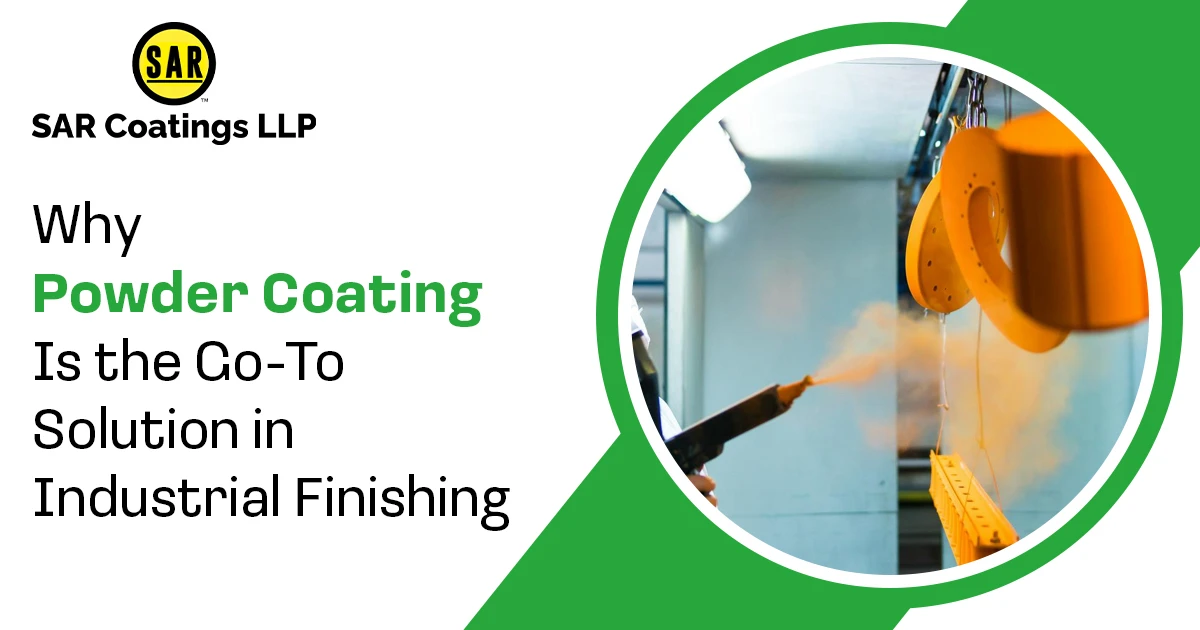
What Is Hybrid Coating? Everything You Need to Know
Not too long ago, a client walked into our office holding a small metal box. It was scratched, faded, and starting to rust around the edges. He said, “I thought powder coating was supposed to last?”
It was—except this piece had been used outdoors and coated with the wrong type of powder. That’s when I introduced him to hybrid coating but only after explaining the basics.
If you're here wondering what hybrid coating is, how it's different from regular powder coating, and when to use it, you’re in the right place. I’ll explain everything as clearly as I would to someone sitting across from me at a workbench.
Let’s Start with the Basics: What Is Powder Coating?
Powder coating is a finishing process where a dry powder is sprayed onto a metal surface, then baked in an oven until it forms a tough, protective skin. No liquid, no brushes, no dripping paint.
It's popular for a reason—it holds up against scratches, moisture, and daily wear. You’ve seen it on gym equipment, metal furniture, appliances, and even car parts.
It’s clean, consistent, durable—and when done right, it looks fantastic.
Now, What Is a Hybrid Coating?
Hybrid coating is a specific type of powder coating. It’s made by combining two resins: epoxy and polyester. Each brings something useful to the table.
- Epoxy is strong and sticks like glue. Great for protection.
- Polyester gives you that smooth finish and color stability.
When combined, you get a coating that’s both tough and good-looking—perfect for indoor use. It’s like getting a bodyguard who also knows how to dress well.
So, Why Choose a Hybrid Coating?
Let me put it this way: If your product is staying indoors—think filing cabinets, electrical panels, office desks—hybrid coating is a solid choice. It’ll resist scratches, look good for years, and won’t cost you a fortune.
But if that same product is going outside, exposed to the sun or rain? Skip the hybrid. It doesn’t have strong UV resistance, and it’ll start to fade or yellow over time. In that case, a pure polyester coating is your better bet.
How the Hybrid Coating Process Works
No need to overcomplicate this. The process is almost identical to standard powder coating:
- Prep the surface. Clean it, degrease it, maybe sandblast it—whatever it takes to remove contaminants.
- Spray the powder. A special spray gun gives the powder an electrical charge so it sticks to the metal.
- Bake it. Into the oven it goes. The heat melts the powder, and it flows into a uniform coating.
- Cool down. After baking, it’s cooled and cured into a hard, protective layer.
That’s it. No mystery, no magic—just a smart combination of materials and heat.
Where You’ll See Hybrid Coatings Used
You’ve probably seen hybrid coatings a hundred times and never realized it. Here’s where they show up most:
- Office furniture
- Home appliances (washers, dryers, microwaves)
- Electrical cabinets
- Indoor metal shelving
- Light fixtures
They’re everywhere because they balance cost, durability, and appearance.
My Take, After Years in the Industry
I've worked with a lot of coating systems over the years—some that hold up to hurricanes, and others that fail under a desk lamp. What I like about hybrid coating is its reliability.
It’s not fancy. It’s not trying to do too much. But if you use it for the right application, it performs exactly as promised. That’s what most people want: something that just works.
Quick Summary: When to Use Hybrid Coating
Use it if:
- Your product is for indoor use
- You want a clean, attractive finish
- You need moderate protection at a reasonable cost
Avoid it if:
- Your product will be exposed to sunlight or moisture
- You need serious corrosion or chemical resistance
- You’re coating something for outdoor use
Final Thoughts
Hybrid coating might not be the first term that comes to mind when you think about industrial finishes, but if you’re building or buying indoor products that need to last, it should definitely be on your radar.
It's a smart, efficient solution—not too expensive, not too complicated, and it does exactly what it’s supposed to.
Still unsure if it’s right for your project? That’s okay. Give us a call or send a quick message. We’ve tested this stuff on everything from indoor signage to switchgear panels—and we’re happy to help you figure out the best fit.



